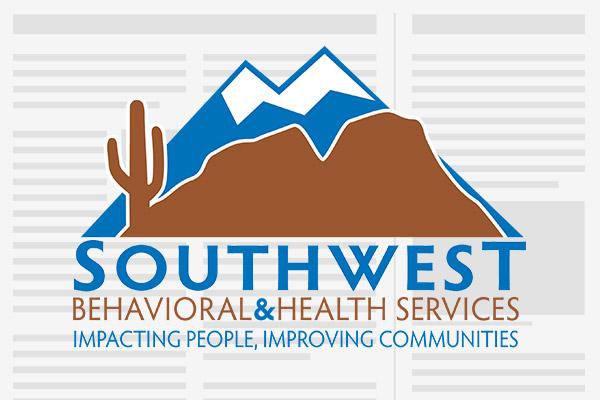DrugFreeAzKids News
Social Norms for College-Bound Kids
College life means keg stands, shots of tequila, experimenting with drugs and nonstop partying…or does it? Often times this is what parents of college-bound kids think and worry about. The reality is, however, binge drinking and drug use are not the norm for most college students. A cause for concern is the perception of social norms relating to substance abuse by college-bound kids. The perception that “everybody is doing it” is a major influence for young people.

8 Must Read Books for Parents (..and 2 are free!)
Since the time for back to school is right around the corner, soak up the last bit of summer with your kids in a relaxing way by fitting in some light reading. And, what better day to do that than on National Book Lovers Day this Sunday, August 9?

Early Childhood Trauma
While our blogs often tackle parenting struggles and strategies involving school-aged kids, there is a lot that parents of babies, toddlers and preschoolers can do to lower the risk of substance abutse, even at these early stages.

411 Drug Series: DXM
DrugFreeAZKids.org understands the importance of communicating with your children. We want to share the necessary tools and information with you for starting these important conversations. Talking with your child about the dangers of drugs can reduce the chance of them using by up to 50 percent. This is why we bring you a series of regular blog posts, each focusing on a specific drug. It will cover the drug’s common names, effects and the important details parents should know.

Marijuana Talk Kit
Let’s face it, talking about marijuana with your kids can be a challenge. In Arizona and several other states, medical marijuana has been legalized, and a few states have recently legalized the sale of recreational marijuana. Marijuana use is becoming more normalized in society through social media and other means, and kids are hearing about newer ways to use it, like edible products, concentrates and vaporizers.

Table Talk: FLAC
When it comes to disciplining teens, you may experience a power struggle. Your teen’s irresponsible behavior can make them defensive because they do not want to take ownership or they feel like you are not on their side. There are tactics to help effectively end a power struggle or solve a problem. Reduce the “flack” that power struggles often cause through the FLAC Method, one of the effective strategies covered in the Active Parenting programs offered by DrugFreeAZKids.org.

‘Home-Brew’ Heroin
There is a new development on the horizon that has significant implications for the societal problem of addiction and drug enforcement.

Gay Youth Are Not Equal When It Comes to Substance Abuse
When it comes to risk of abusing harmful substances, studies show that lesbian, gay, bisexual, and transgender (LGBT) youth are significantly more at risk than those who do not identify as LGBT. One study indicated that substance abuse among lesbian, gay, and bisexual youth is 190% greater than that of heterosexual youth. Among some subgroups of these youth the disparity is even greater, with female substance use being 400% greater than heterosexual females.

411 Drug Series: E-Cigarettes
DrugFreeAZKids.org understands the importance of communicating with your children. We want to share the necessary tools and information with you for starting these important conversations. Talking with your child about the dangers of drugs can reduce the chance of them using by up to 50 percent. This is why we bring you a series of regular blog posts, each focusing on a specific drug. It will cover the drug’s common names, effects and the important details parents should know.

Home Alone
Whether your teen is at that age where they no longer need a babysitter for the day or you plan to leave them home alone overnight, you may feel anxious about the situation. That’s normal, especially when leaving your teen home without supervision for the first time. Save yourself the anxiety by clearly communicating your expectations and guidelines for their unsupervised time. When developing your guidelines and expectations, consider these tips:














